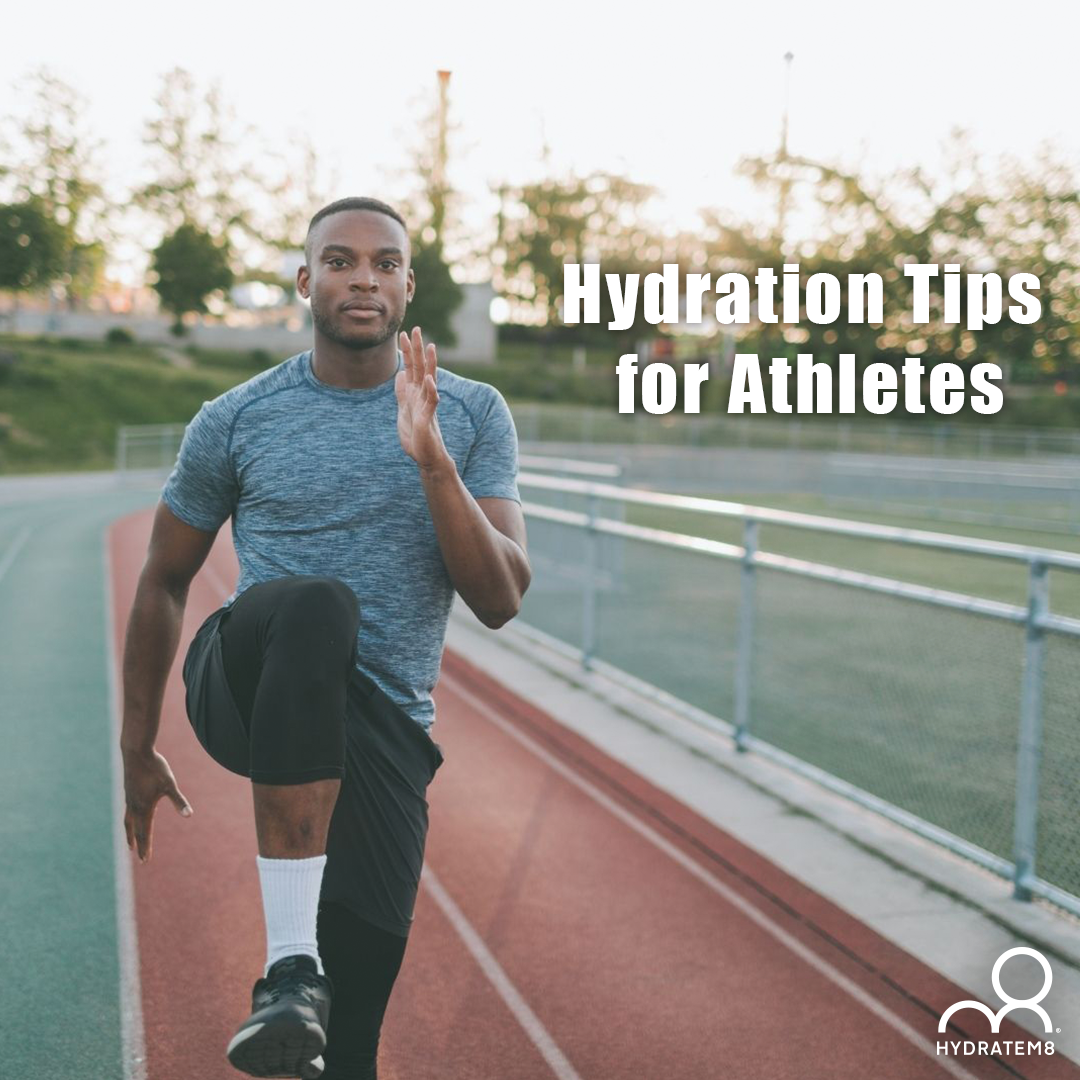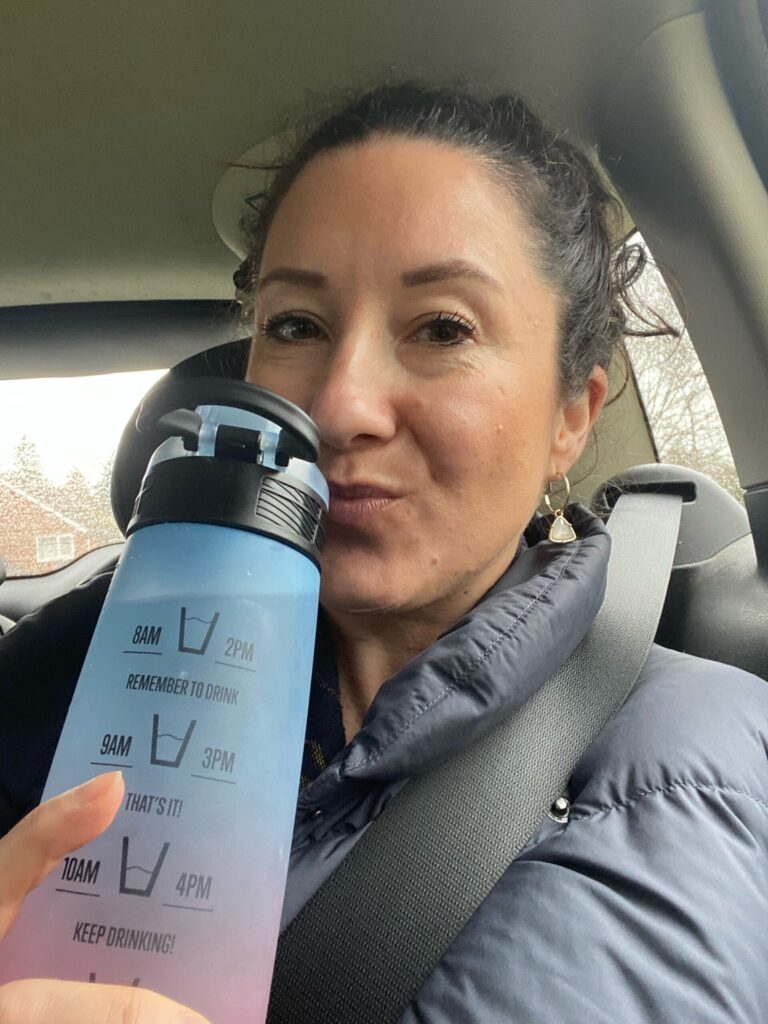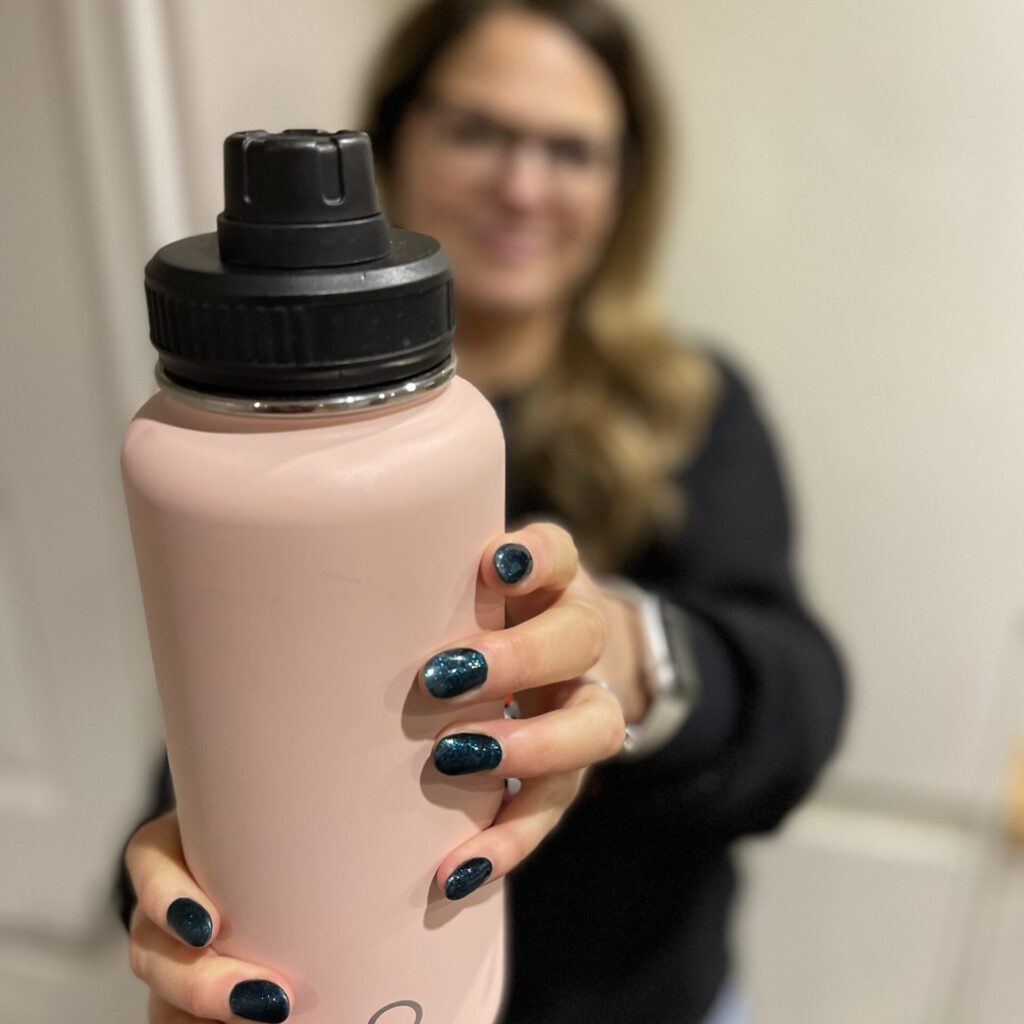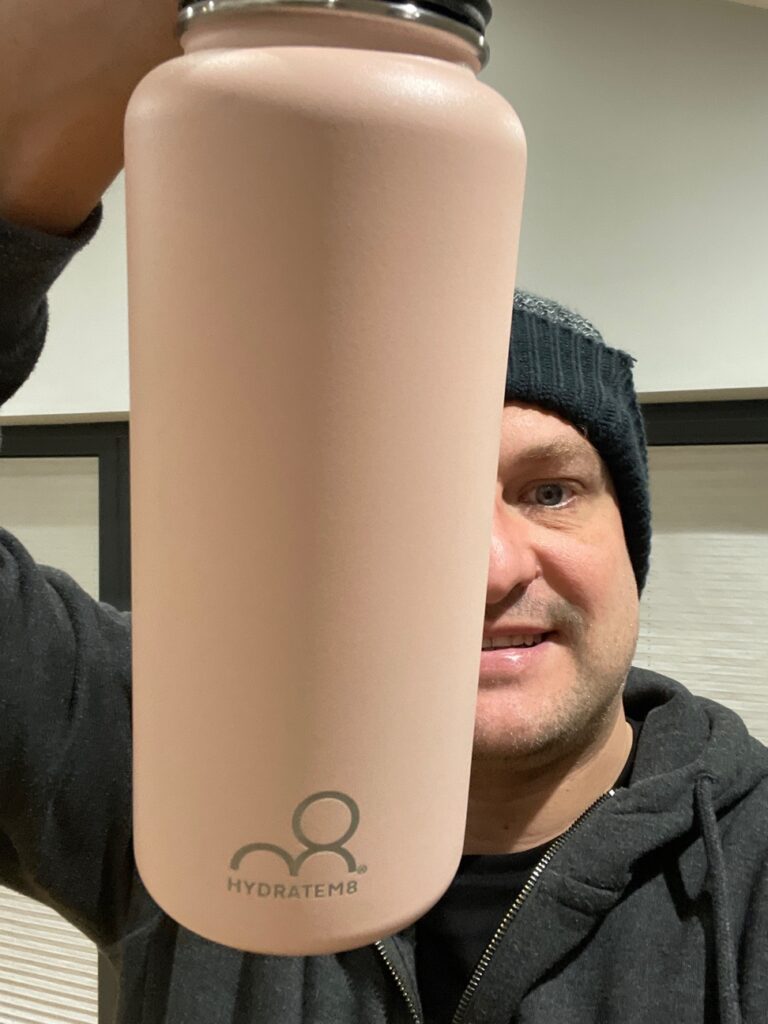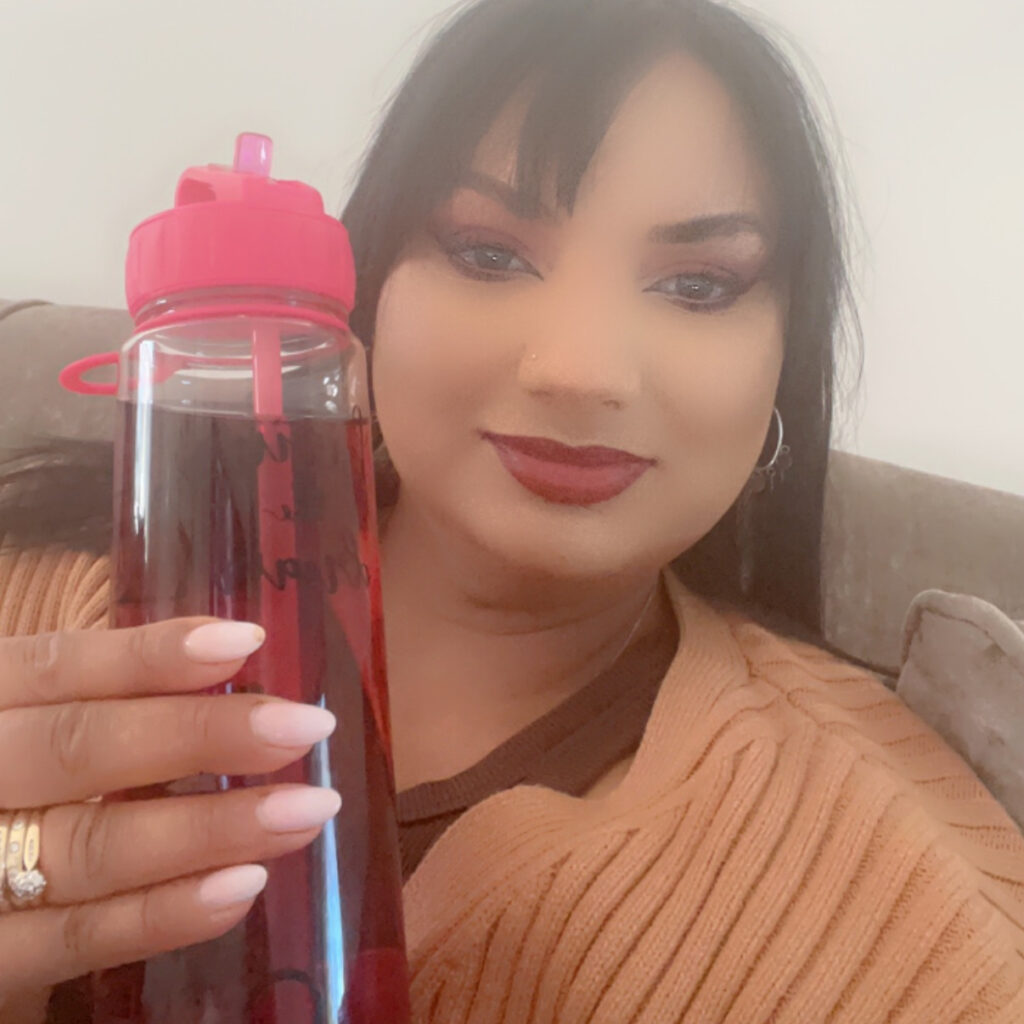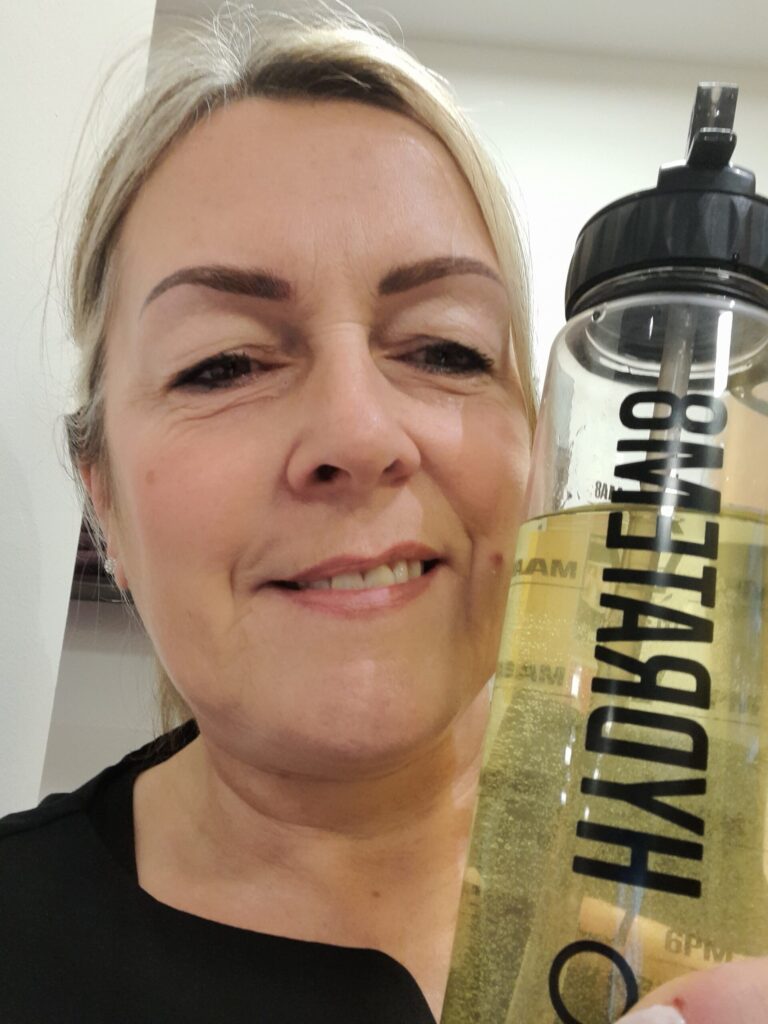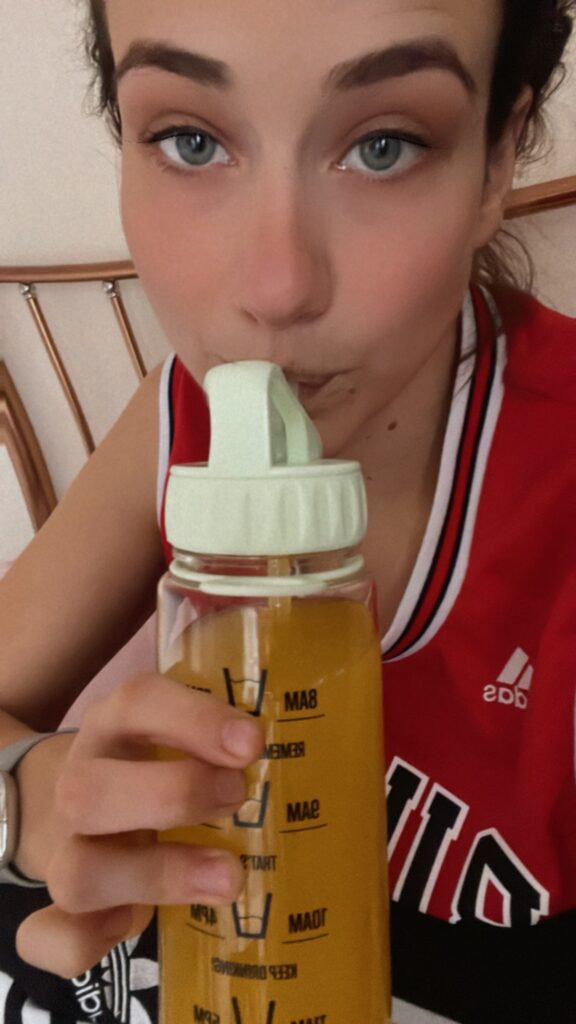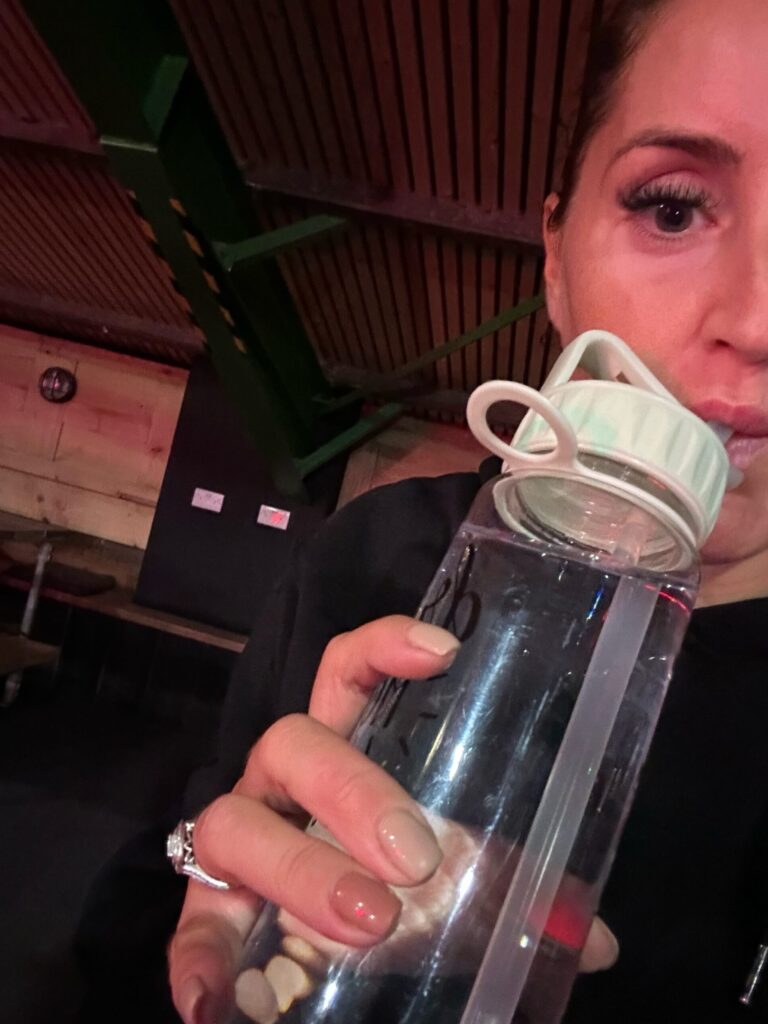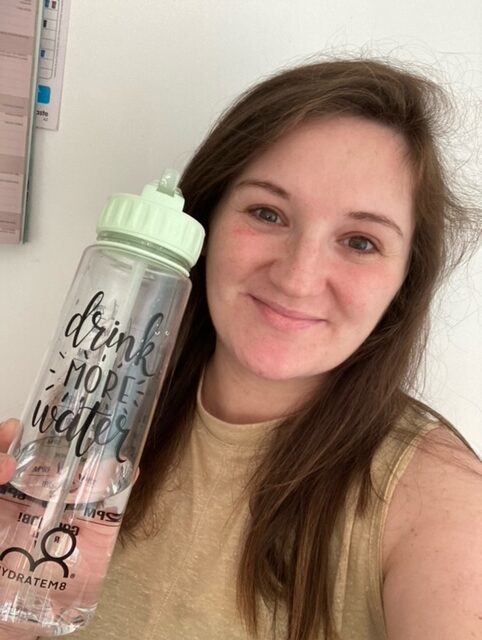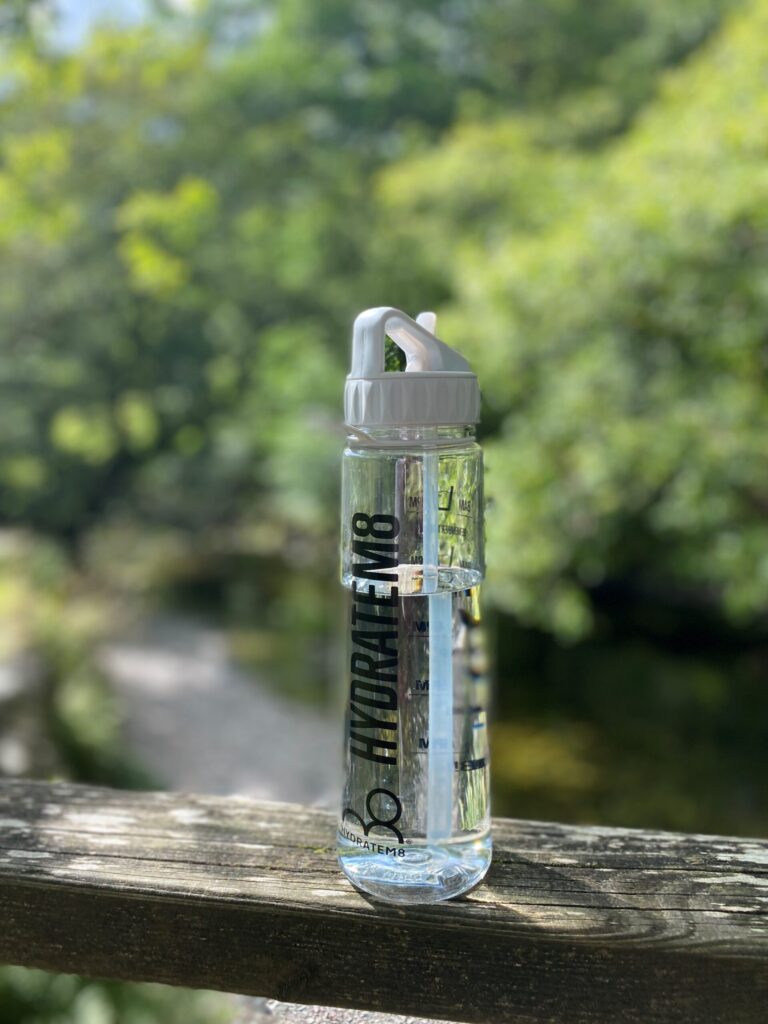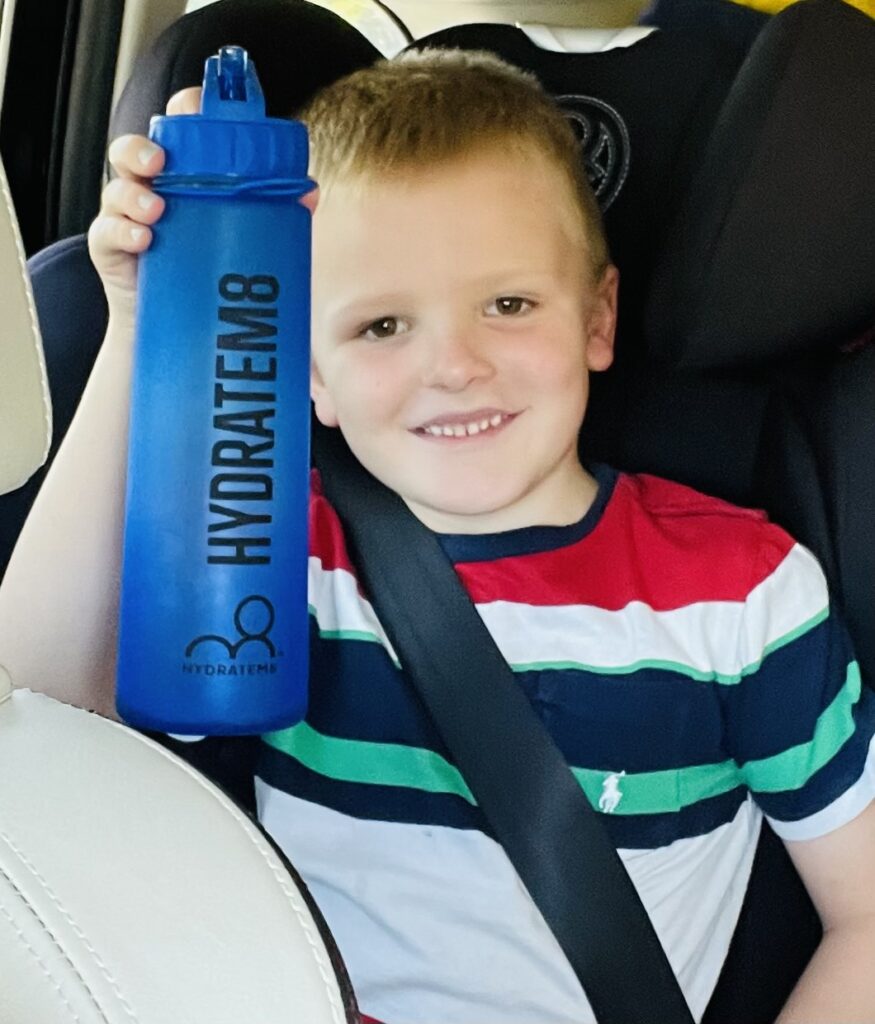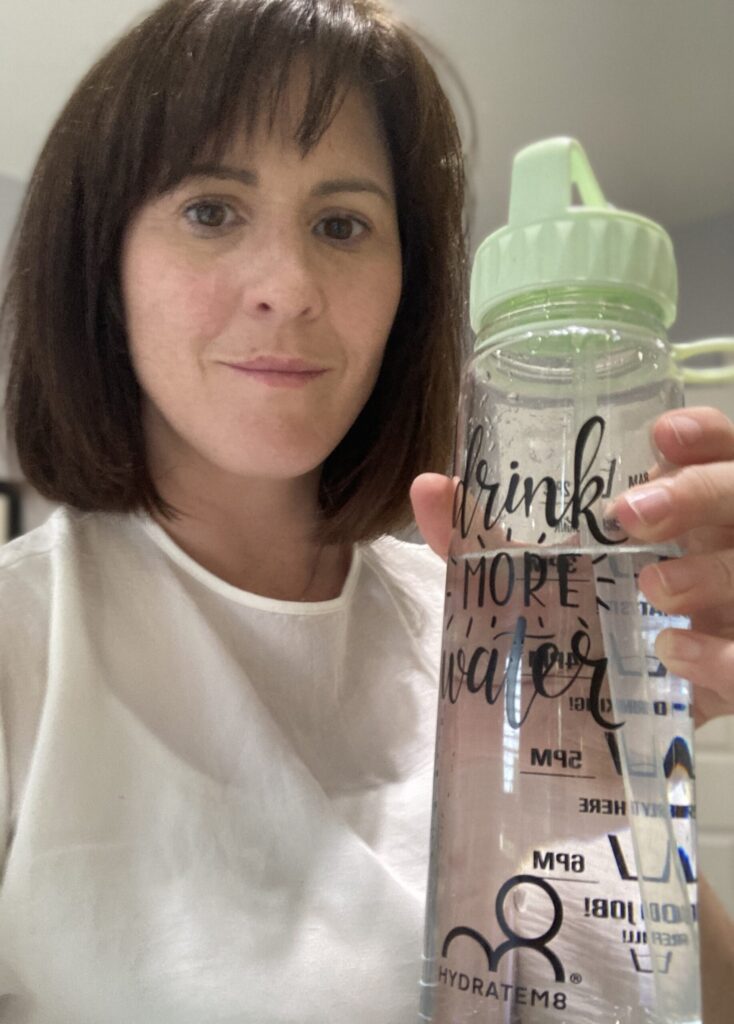Getting the best out of your body physically relies upon many factors including training, diet, and hydration. Water plays a vital role in maintaining many bodily functions including body temperature, cardiovascular function and the transportation of various nutrients cells and tissues.
To perform at your absolute best, it is essential to keep hydrated not just during the physical event but also before and after. Luckily, we have some important tips to help keep your fluid levels balanced whether you’re a novice or an avid athlete.
1. Compile and follow a daily hydration plan
If you want to keep on top of your hydration, you need to work at it and the best way is to follow a daily hydration plan. We need to stay hydrated even on days when we may not be training because water is important for many of our vital body functions.
Hydratem8 tracker bottles are a great way to get started because they enable you to easily track and monitor your daily water intake. Simply fill the bottle up in the morning, reach the hourly hydration targets and then refill at 2 pm and repeat.
2. Spot the signs of dehydration during exercise
Knowing the signs of dehydration, particularly during exercise, can help to identify when you may not be reaching your hydration targets. If you do start to establish any of the signs of dehydration you should stop exercising and concentrate on rehydrating yourself.
Some of the common signs of dehydration during exercise include:
· Muscle fatigue/cramps
· Reduced energy
· Decline in coordination
· Reduced athletic performance
3. Stay hydrated with foods as well as water
It’s not just water that keeps us hydrated, many foods have high water contents, too, making them perfect for pre-workout snacks.
Hydrating foods include:
· Strawberries
· Watermelon
· Cantaloupe melon
· Grapefruit
· Tomatoes
· Celery
· Cucumber
4. Be sure to take regular fluid breaks
It’s important to take regular fluid breaks during physical activity. Becoming dehydrated during exercise can negatively affect your energy levels and your muscles will feel it, too. Drinking water little and often will help you to reach your exercise targets.
The exact amount you need to drink will depend on several factors, such as:
· Your size
· Fitness
· Exercise intensity
· External environment
Your body will let you know if you need to take in more water but you shouldn’t wait until you feel thirsty to drink because that is already an early sign of dehydration. You can also monitor your fluid loss by calculating your sweat rate:
· Weigh yourself first thing in the morning, generally, this is the best time and after you have been to the toilet
· Weigh yourself after you have exercised
· Subtract your weight after exercise from your morning weight to find out how much fluid you have lost
It is recommended that you drink 1.5 litres of water for every kilogram of body weight you lose.
5. Establish whether you need a sports drink
Some people make the mistake of substituting water for sports drinks. However, sports drinks should be used for prolonged exercise, over 60 minutes long. If you do need to use a sports drink make sure it contains carbohydrates as well as essential electrolytes including sodium and potassium.
Sources
Creaney, L. (2020). Keeping Hydrated for Exercise. Available at: https://www.bupa.co.uk/health-information/exercise-fitness/hydration-exercise
Jeukendrup, A and Gleeson, M. (2015). Dehydration and its Effects on Performance. Human Kinetics.

